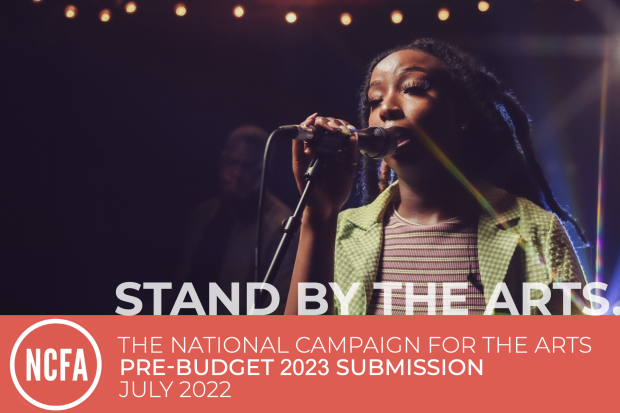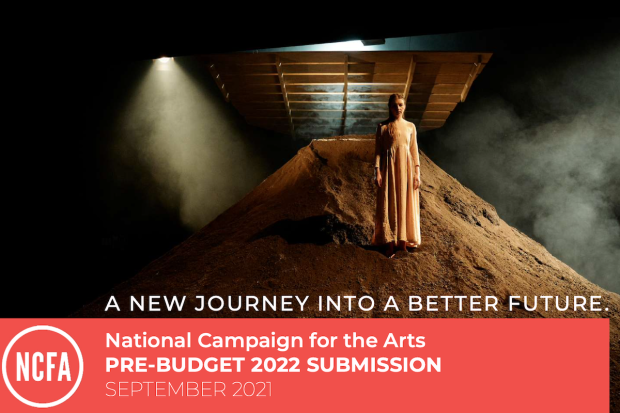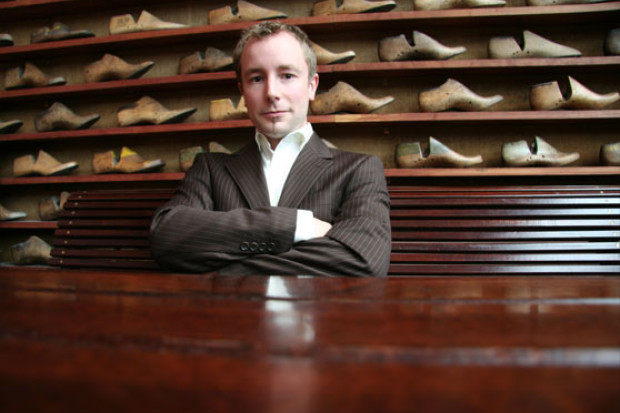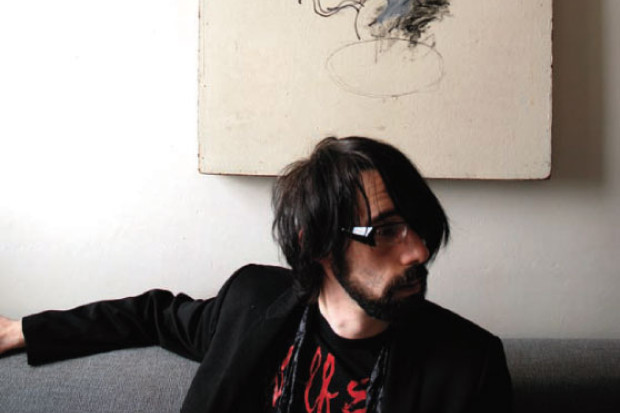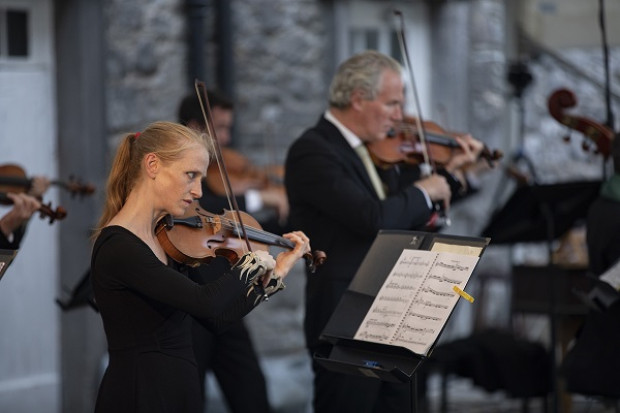
Where is the Deeper Conversation About Our Decimated Music Scene?
Last Friday, a post by the National Campaign for the Arts expressed how many felt:
Anger, frustration, disappointment and exhaustion across our sector as we unravel again. Jobs lost, businesses decimated. We are resilient but we are running on empty.
The Government had just announced that the capacity for concerts and indoor events was to be reduced by fifty per cent, and nightclubs would be closed entirely. By when? As it turned out, in four days time. When the announcement was made, artists and promoters had been putting on full-capacity events for just 43 days. Now their plans, their careers, their well-being, would crumble again.
Where did this figure of 50% come from? In September, the return of live events was set at a conservative 60%, before it was increased to full capacity at the end of October. In Germany, concerts are permitted to be half full, but Ireland’s adult vaccination rate is significantly higher than theirs. Doesn’t that count for anything? Is there no room for a more nuanced analysis, a more judicious plan for restrictions, when Ireland’s music scene has already been through an appalling time?
On RTÉ’s Drivetime on Friday, reporter John Cook assembled a group of people at the Glór arts centre to ‘chew the fat’, though there is no fat left.
He scooted through his guests, making that motorised, droning sound that reporters make when they feel they are keeping the conversation going, but really they are just creating another stream of soundbites, a dialogue without depth, a quick run-down of the crisis before they seek a simple solution, then back to the studio.
Where is the deeper conversation on our airwaves about the disaster that is occuring in our musical ecosystem? Where are the dedicated arts and music programmes to give more than a few minutes to these issues?
On Monday, Charles Hendy from the Mary Wallopers folk group was on Morning Ireland for ninety seconds. The biggest tour they had ever planned – a year in the organising – has now been postponed and they are already in debt because of the €7,000 they borrowed for merchandise such as tour t-shirts and songbooks.
‘Is that replicated right around the country?’, presenter Mary Wilson asked Elaine O’Connor from the Event Industry Alliance. ‘With the events industry, it’s not just the musician, it’s every facet of it in the ecosystem,’ O’Connor replied. This is a sectoral collapse.
The singer Mary Coughlan and Cian O’Brien from Project Arts Centre appeared on the Tonight Show with three politicians for thirteen minutes. Coughlan said that as soon as the media started talking about the Omicron variant, her ticket sales started to suffer. The new restrictions had a sense of inevitability about them:
I was absolutely devastated. I knew it was coming before they announced it. … My band members, they worked for two other people as well… they just have nothing, they’ve got nothing left now, they’re all really young… I have no salary. The people I know have no salary… We don’t have pensions. If [politicians] could walk in our shoes for one year, they would know what it’s like…
The reply from the Government representative was the standard one: We feel you. We’re creating another cash scheme. Most of that money, however, goes to those who work around artists. Some comes down to the artists themselves, but state money never develops into security, they can’t plan ahead, and all the time they are not connecting with audiences and other artists their creativity is hampered and their career is fragile.
Our music ‘sector’ is really an ecosystem. It has countless different strands circulating throughout it. Each connection is driven by artistic persistence and the magic of creativity, producing ideas and art that did not exist before, but that are brought into life by the alchemy that is the creative process. An ecosystem like this grows organically over decades and we have been fortunate in Ireland to have such a unique music scene. When you pull that apart for twenty months, you don’t know the damage you do.
Basic questions are going unanswered: Where is the substantial risk in a room where everyone is double-vaccinated, wearing a mask, with hands sanitised, for an hour or two, before they are all ushered out by staff? A concert feels less risky than walking down a busy street or attending a workplace.
It is not just the blunt instrument of Government reducing concerts by half and assuming this will have a significant impact in the fight against Covid that is frustrating (we learnt today that the HSE is ‘not currently collating information on nightclubs and venues’ because they are not ‘priority areas’ so the scientific rationale is incomplete). It is how they think this delicate music ecosystem can go on, and emerge in any fit condition, with such disregard. The National Campaign for the Arts, after their meeting with Minister Catherine Martin, posed a simple, obvious question: ‘What criteria are being applied to this decision-making process and what will inform a review of measures in January?’
Our society needs to consider the real impact of these decisions. We need a conversation that fully comprehends what is happening to this scene. Many are being overwhelmed. We see their social media posts, but do we hear their full stories? In future, we will wonder how our society ever allowed such damage to be done, and, despite all the political and media talk, how our understanding of the music scene was still so skin deep.
Published on 7 December 2021
Toner Quinn is Editor of the Journal of Music.












